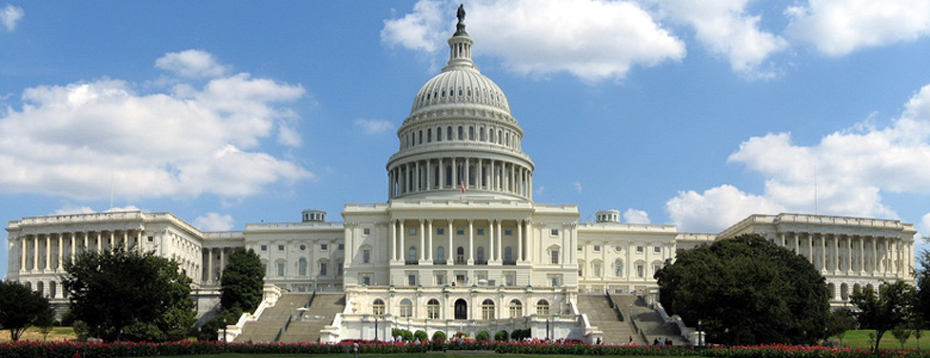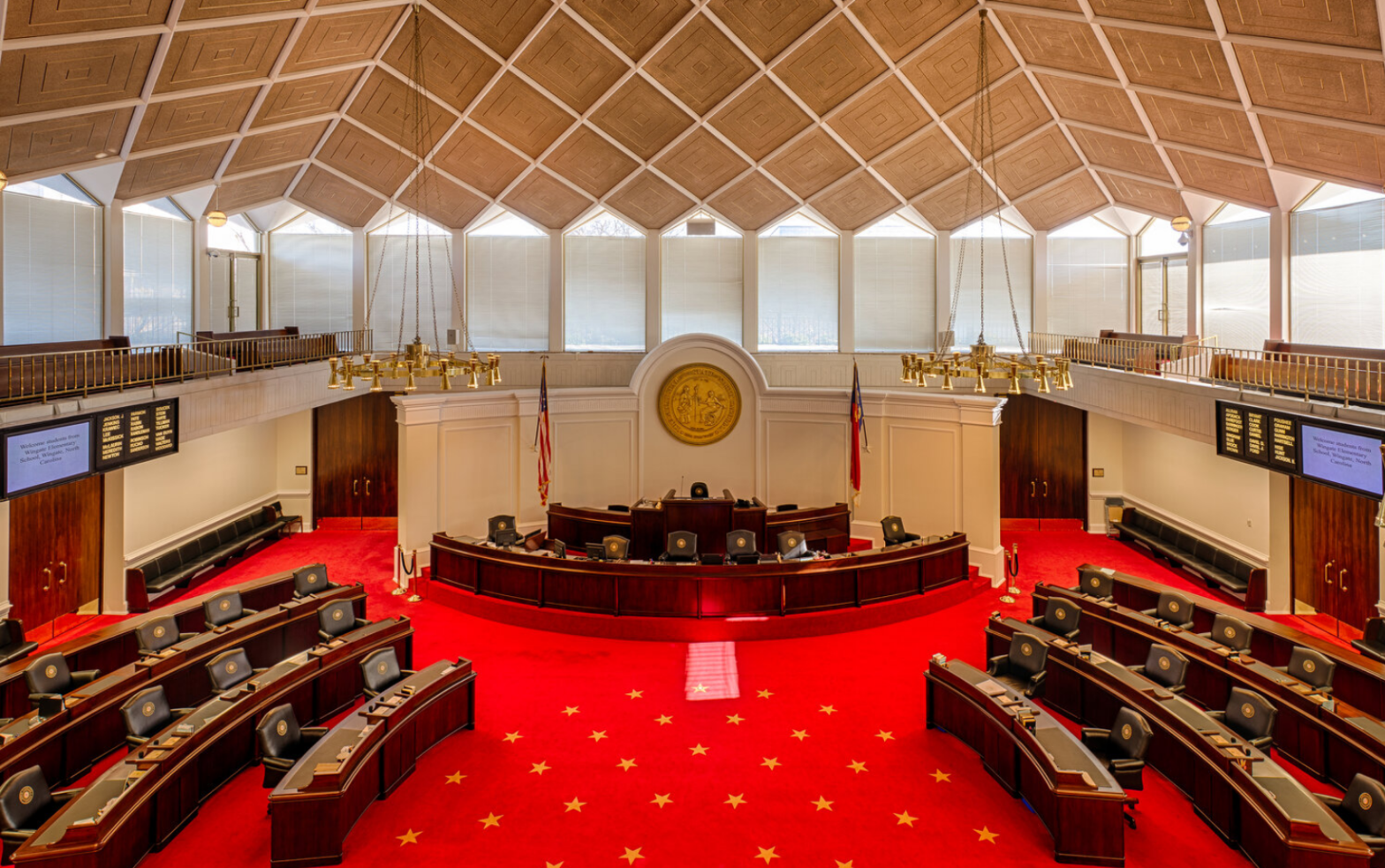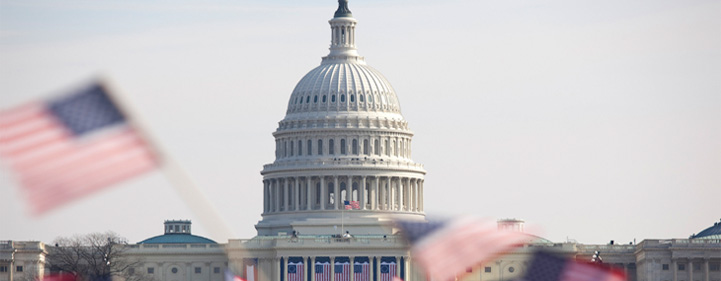NAR’s Federal Advocacy team has been working closely with Congress and the Administration to ensure the interests of REALTORS®, their families, consumers, and the entire real estate industry are protected in any federal action in response to COVID-19.
On December 21, Congress passed a COVID-relief package, which also included an Omnibus spending bill for FY21, and some tax extenders. Below is a summary of the major provisions of that bill impacting REALTORS®:
COVID-RELATED PROVISIONS
Unemployment Assistance
Extends the maximum number of weeks individuals may receive unemployment benefits, from 39 weeks to 50 weeks.
Extends all unemployment assistance, including the Pandemic Unemployment Assistance (PUA) program and the Pandemic Emergency Unemployment Compensation from December 26, 2020- March 14, 2021.
Limits payment of retroactive PUA benefits to weeks of unemployment after December 1, 2020, and PUA requests end on March 14, 2021.
Eligible individuals may receive PUA benefits until April 5, 2021 as long as the individual has not reached his or her maximum number of weeks of unemployment.
Extends Federal Pandemic Unemployment Compensation (FPUC) at $300 per week for 10 weeks. This provides supplemental unemployment benefits for individuals receiving PUA or regular unemployment compensation for weeks after December 26, 2020 until March 14, 2021.
Extends Pandemic Emergency Unemployment Compensation (PEUC) for a maximum of 24 weeks for eligible individuals.
Phases out the Pandemic Unemployment Assistance (PUA) program and ends the program on April 5, 2021.
Extends interest-free loans to states to keep their unemployment insurance trust funds running.
Reimburses states at 50 percent for the first week of compensable regular unemployment benefits for states with no waiting period.
Provides individuals seeking unemployment benefits with the right to appeal any state determination or redetermination regarding rights to PUA.
Provides a repayment waiver for individuals who received Pandemic Unemployment Assistance (PUA), but who were not entitled to receive PUA, if the PUA payment was the fault of the individual and repayment would be “contrary to equity or good conscience.” State labor agencies must make all individual determinations regarding one’s repayment or waiver status.
Requires individuals to continue to re-certify weekly with the state that the individual’s loss of income is due to a Covid-related reason or issue and the individual is unemployed for a such week.
Adds additional program measures requiring individuals seeking unemployment to provide documentation of earnings and employment to state agencies as a mechanism for states to verify the identity of individuals seeking unemployment benefits.
Imposes “return to work” reporting requirements for states to provide a way for employers to report when someone turns down a job and to notify claimants of the requirement to accept suitable work, unless there is a good cause for refusal.
Paycheck Protection Program
Appropriates $284.45 billion for PPP loans and $20 billion for EIDL Grants.
Certain eligible businesses may receive second-draws of PPP loans of up to $2 million: 300 employees or fewer (or meets alternative SBA size standards) and saw at least a 25% drop in gross receipts in 2020 to a comparable quarter in 2019.
The maximum loan amount a business can get (for both first- and second-draw PPP loans) is $10 million within 90 days.
PPP borrowers who receive $150,000 or less in PPP loan money may submit a one-page forgiveness form online certifying their compliance with the program requirements.
Extends the deadline for PPP “covered periods” (the 8- or 24-week period from which a borrower has to use their PPP funds) through September 30, 2021.
Expands allowable expenditures of PPP funds to cover purchasing PPE for employees;
501©(6) organizations can access PPP funds if they have 300 employees or fewer, do not receive more than 15% of their receipts from lobbying activities and lobbying activities do not comprise more than 15% of their activities, and the cost of the lobbying activities of the organization did not exceed $1,000,000 during the most recent tax year.
PPP funds cannot be used for lobbying activities of any kind.
Repeals the requirement that borrowers who receive both an EIDL advance grant and a PPP loan deduct the forgiven amount of the EIDL grant from the forgivable amount of their PPP loan.
PPP Tax Forgiveness
Allows for deductibility of business expenses paid for with forgiven PPP loans.
Eviction Moratorium & Rental Assistance
Provides $25b through September 30, 2022 for rental assistance. The monies will be allocated to states through the Department of Treasury.
States allocation will be based on population, no state will receive less than $200 million.
Allows landlords to apply for funds on behalf of tenants.
Includes payments for rent in arrears as well as utilities and “and other expenses related to housing.”
States should prioritize families with incomes below 50% of area median income (but no set % of funds distributed is required).
Rental assistance will not be included in recipient’s income for federal tax purposes.
Extends CDC moratorium through January 31, 2021.
State and Local Funding
Extend by one year (until Dec. 31, 2021) the availability of funds provided to states and localities by the Coronavirus Relief Fund in the CARES Act.
Individual Stimulus Payments
Provides for one-time direct payments of $600 for individuals making up to $75,000 and $1,200 for couples making up to $150,000, as well as an extra $600 per eligible child dependent.
Broadband Expansion
Provides $7 billion for broadband internet access: $285 million for connecting minority communities.
$3.2 Billion for an Emergency Broadband Benefit for Low-Income Americans
$300 Million to Promote Broadband Expansion to Unserved Americans
$65 Million for the development of new, more accurate, and more granular broadband maps
Tax Provisions (related to COVID)
The Employee Retention Tax Credit is modified by:
Increasing the credit rate from 50% to 70% of qualified wages.
The eligibility is expanded by reducing the year-over-year gross receipts decline from 50% to 20%.
Increasing the limit on per-employee creditable wages from $10K per year to $10K per quarter.
Increasing the 100-employee delineation to 500 or fewer employees.
Allowing businesses with PPP loans to qualify.
Extending the credit through June 30, 2021.
Extends payroll tax credits for paid sick and family leave enacted in the Families First Coronavirus Response Act through March 31, 2021.
Tax Extender Provisions
The exclusion from income for mortgage debt forgiveness is extended for five years (through 2025), but the maximum amount is reduced from $2 million to $750,000.
The energy-efficient commercial buildings deduction is extended permanently, its efficiency standards are updated, and the deduction rates are indexed for inflation.
The energy investment tax credit for solar and residential energy-efficient property tax credit is extended for two years (through 2023).
The mortgage insurance premium deduction is extended for one year (through 2021).
The energy efficient homes credit is extended for one year (through 2021).
The nonbusiness energy tax credit (for qualified energy efficiency improvements) is extended for one year (through 2021).
Other Provisions
Provides for the tax deduction of 100% of business meals (up from 50%) for 2021 and 2022.
Corrects a technical problem in depreciating residential rental housing – under certain circumstances, some real estate businesses were forced to depreciate residential rental housing over 40 years instead of 30 if they elected out of a limitation of interest deductibility under the Tax Cuts and Jobs Act. The recovery period is corrected to 30 years in the Act.
The Low-Income Housing Tax Credit is enhanced by the creation of a permanent 4% floor for the portion of the LIHTC that is typically used for rehabilitation of older rental housing and the preservation of subsidized rental developments.
Requires carbon monoxide detectors in all federally-assisted rental housing.
Provides for $49.6 billion for HUD’s budget, which is $561 million above the 2020 enacted level. This bill includes:
$152 million for the Office of Fair Housing and Equal Opportunity and its grant programs, $7 million above the 2020 enacted level:
Funding for HUD’s fair housing grants, activities, and assistance, increased by $2.3 million to $72.5 million.
Funding for HUD’s Office of Fair Housing and Equal Opportunity staffing and expenses increased by $4.8 million to $79.8 million.
$25.8 billion for Tenant-based Rental Assistance, $1.9 billion above the 2020 enacted level; and $13.5 billion for Project-Based Rental Assistance, $895 million above the 2020 enacted level.
$40 million for HUD/VA Supportive Housing for Homeless Veterans (same as 2020).
$43 million for new incremental vouchers for homeless individuals and families.
$200 million for the Choice Neighborhoods Initiative, $25 million above the 2020 enacted level.
$3.5 billion for Community Development Block Grants, $50 million above the 2020 enacted level.
$77.5 million for Housing Counseling, $25 million above the 2020 enacted level.
Reauthorizes the Water Resources Development Act (WRDA), which funds various critical water infrastructure projects in communities nationwide, including water management, flood control, drinking water and resilience. In turn, these projects make communities safer and support economic stability and growth.
Authorizes various renewable energy, energy efficiency and other energy projects, which will make energy more abundant, affordable, provide jobs and reduce greenhouse gas emissions.
Bryan Greene
Vice President, Policy Advocacy
National Association of REALTORS
Washington, DC 20001




